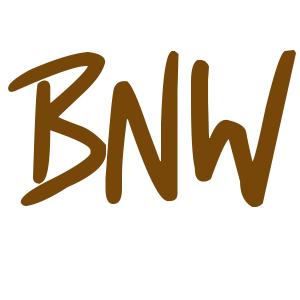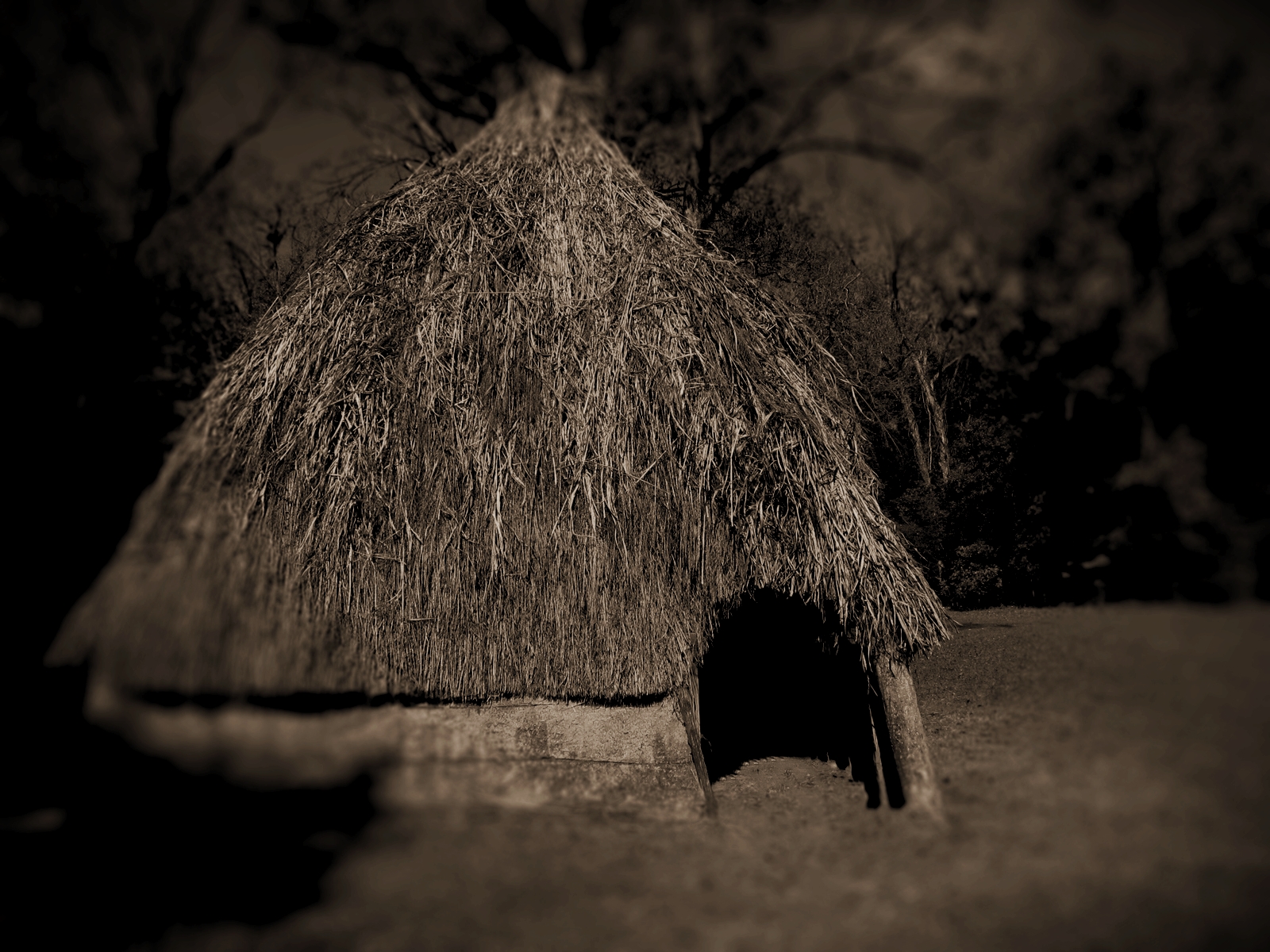Book Two: Daniel—LEAP OF FAITH
Circa 34 AD
Prologue
“Chela!” the woman cried out amid sobs.
The heavy woven covering to their wood, stucco and thatch dwelling opened and her husband dropped the quiver and rushed to her side. His light brown hair was matted by the drizzle falling from gray skies. He was dressed in the traditional fabric of their village and was still wearing his head and breast plates; his forearms and shins were clad in hardened copper. In one hand he carried a club and in the other a bow. It had been his turn to be on guard.
Kneeling beside her, he looked deeply into her eyes, and asked what she needed.
“Please, give me Chela,” she asked in muted tones. Her breathing was shallow and slow.
Her husband with red and saddened eyes reached over and picked up the little bundled baby she had given birth to much earlier that morning. The baby had taken but two breaths and then slipped from this life.
The mother had carried the little one all through the long illness that, now with Chela’s birth, had drained Zabeccah of all her remaining strength.
He gently placed the baby on her breast and took her hand. His brow furrowed and his voice quivered. “I will do as you wish, but I don’t want to leave you now. You have come so far. Yod-Hey-Vau must bless us with your health once again.”
She whispered, “Jokiah, remember Locha. We promised to help her. Please honor your pledge to me, and take the children to the Pesach feast and make an offering of gratitude for us both. My life has been full, and my love for you will never die. Tell the children that I carry them in my heart to our God.”
Shortly after Zabeccah had become ill, the women of the village said it was normal for nausea to accompany a pregnancy, but the fever came and never left. For nearly ten moons she could do nothing but sit and talk to the baby she carried within. They became very close during that time, and Zabeccah knew the baby would be a girl, and that her name would be Chela. Child naming was an event that came a few days after birth in their culture, but Chela was her name, and Zabeccah knew it.
Gently grasping her soft auburn hair in his hand, Jokiah laid his head next to hers on the mat and wept. With her last ounce of strength Zabeccah lifted her arm and placed her hand gently on the back of his head. Then she slept—a peaceful sleep she had not had in a very long time.
Later that morning the village women came in and prepared the mother and daughter for burial. They wrapped the two together in the fine-twined linen Zabeccah had made years before. It bore a soft green color, reminiscent of the woodland she loved.
The burial took place in the afternoon with the elders of the village performing the last rites, as was the tradition of their fathers, and the burial was according to the ancient order of things.
Though his heart was heavy with grief, he complied with his wife’s wishes, and that evening Jokiah assembled the supplies for their ten-day journey. At first light, he would gather his three children, along with Locha and her child, and commence their heart-wrenching trek north and then northeast. They would get to their destination three days before Pesach began. There he would meet with Zabeccah’s parents and give them the sad news.
On the Trail
It smelled a little like rotten eggs coming from the thick woods to the south. Jokiah sat on a boulder by the stream’s edge and peered into the trees, wondering what might cause such an odor; perhaps a decomposing animal, but that didn’t make sense, since no rotting flesh that he knew of had such a stench.
Noah approached, “What is it, father? That smell has been with us for over a day now?”
His son was perceptive. No single dead animal could produce a fetor that traveled miles. Only a mass killing might do it, but the odor was all wrong.
He put his hand on Noah’s shoulder and smiled. “You’re right, son. Something is strange about it. It’s unlike anything I’ve ever sensed before. Not even Amulek’s cooking smells this bad. They laughed. The first laugh since Zabeccah’s death.
“How much farther is it?” Noah asked.
Jokiah stood and bent down to the height of his son’s head and pointed at the rising sun, now about five degrees above the foothills in front of them.
“Through those hills to the valley beyond and we’ll be at your grandparent’s home. We just stay on the trail, and we’ll make it there by sundown.”
“I remember,” said the boy. “We’ve gone there many times before, but this time it’s different, isn’t it?”
The father merely nodded and gave a saddened smile.
Kaliba, Benjamin and little Miriam were playing by the stream trying to catch frogs, while Jokiah’s sister-in-law, Locha, prepared food for the morning meal and the long walk ahead.
After nearly seven days, the younger children were getting restless. This morning, however, another family had joined up with them and offered a ride for the little ones on their cart pulled by a small bison that had been raised by the family since its birth. Not often are these animals gentle enough to use as beasts of burden. She was by the stream as well, grazing with Johiah’s young horse that had already been packed for the journey.
Noah carried an arm load of dry wood to the fire. Locha smiled and thanked him. For a twelve-year-old, he was responsible and mindful of his brother and sister. He also liked playing with Miriam, Locha’s daughter, who was only four. She had never known her father who had been killed in a raid on the village by the ones with shorn heads. Several village men lost their life that day defending their families. Such loss of manpower put a heavy burden on the little community, and many were forced to accommodate the less fortunate into their families.
Earth Rebels
As the day’s journey started, the little ones would run along doing what children do. After a stop for a meal at midday they became tired and the ride in the cart proved a welcome relief to the parents. The sturdy bison didn’t notice the extra weight, and the journey picked up speed.
The behavior of animals they encountered along the way seemed peculiar; the creatures seemed to sense something amiss and were more fidgety than usual when seeing humans. The odor coming from the wooded areas would dissipate and then return. Nothing seemed quite right. However, with the death of Zabeccah and the baby, what could possibly be right. Locha did her best to comfort her sister’s children when they sensed their mother’s absence. Miriam seemed to be Noah’s charge, for she followed him closely all the time.
The sun was setting behind them as they declined into the valley ahead. Smoke from the fires of the large gathering filled the air as fragrant meals were being prepared. Dwellings were everywhere, but chief among the structures was the one erected for sacred purposes on a mound to the north.
The bison sensed it first. She stopped abruptly and bellowed her concern. Then everyone heard the earth moan, a small tremor followed, but then the violence drove the entire company to their knees. The children started crying as they tried crawling to the nearest adult. Not far off to the south, you could see a dark vapor rising from the woods, which moved rapidly towards them. Everyone held each other tightly. The bison suddenly bolted toppling the cart and dumping the supplies it carried. Jokiah’s horse also fled with bison.
As the stinking vapor engulfed them, the sun’s light disappeared. Darkness gathered so thick you could touch it, taste it, and sound was muffled by it. The rumbling earth drowned out the children’s cries. Jokiah brought his family together into a tight knot, clumping together under a large woven tarp that seemed to protect them from the particulate matter the vapor carried.
When the quake settled and he could stand, Jokiah told the group to remain under the covering, and he stood to get his bearings, but he could see nothing. He heard others from the party that had joined them, and he shouted to get their attention.
The other father returned his shout, and they communicated with each other. They decided to retrieve the things left behind from the cart, and they felt their way until they retrieved most of them. The two fathers decided to move both families together and share what provisions they had. A spool of twine was among the items retrieved, and Malkah held tightly to the spool as Jokiah moved slowly towards his family and the cries of little Miriam.
“Stand up children, we’re going to move to be with the other family by the large boulder we passed a moment ago. They have food and water. Hold each other’s hands. Locha, you be last. I will lead.
He then reached out and felt the child next to him; it was Kaliba. “Come, my dear, give me your hand.”
She took his and Benjamin’s, and so on. With the tarp tucked under Jokiah’s arm, they made their way to the other family, occasionally coughing from the harsh vapor. The two families huddled together in the hollow of the huge boulder that vibrated fiercely with each tremor.
Later, the wind kicked up and at times was so violent it threw objects about that forcefully struck other immovable objects, producing terrifying sounds. A large tree not far behind them was uprooted and fell with a crash striking the boulder and covering them with limbs and protective leaves. Lightning and thunder also added to the chaos, sending fear through everyone.
That night all of nature was in commotion, and the earth shook so violently even kneeling became impossible. The only thing one could do was huddle together by the massive boulder and pray, which the two fathers encouraged their families to do.
Earlier that evening when they had topped the hill just before entering the valley, they could see many families who had made the pilgrimage, coming along a larger, more heavily trafficked road. Jokiah wondered about them and prayed for their safety also.
Amid the roar from the earth and thunder, they could hear wailing from people down in the village, apparently not all had been spared the earth’s convulsions. They, too, were added to the family’s prayers.
Later that night Jokiah attempted to light a fire. Though the tinder was dry and his flint worked, a fire could not be started. The earth had rebelled against its children. Nature no longer cooperated. God was angry—very angry. He prayed all the more earnestly for the safety of his family, but the groans from the earth and its shaking continued through the morning—or what should have been morning....

